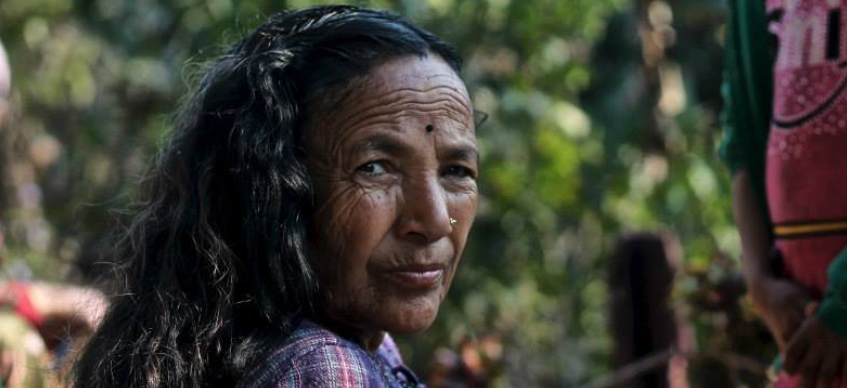“Transparency, Inclusiveness and Sustainability”: 3 things that public development banks meeting today at the Finance in Common summit must not forget

“Public development banks should be extremely vigilant and favor transparent public oversight of the multiple impacts of the debt burden on poor countries. Furthermore, starting from a shared commitment to the goals for sustainable development, banks should promote dialogue and coordination with donor cooperation institutions, banks and the private sector, ensuring consistency of approaches, objectives, guaranteeing the protagonism of local institutions and innovative processes for debt conversion”
Roberto RidolfiOn 19-20 October, more than 500 public development banks gathered for the second edition of the Finance in Common summit , held partly in Rome and partly online. The event, organized by Cassa Depositi e Prestiti (CDP) and the International Fund for Agricultural Development (IFAD), is part of the activities of the Italian presidency of the G20 and fits into the context of COP26 on climate change.
A coalition of civil society organizations has called on public development banks to change the paradigm under which they operate, so that it is based on human rights, community-led development and the principles of social and climate justice.
At the community of development finance institutions that met to discuss how to distribute resources for the implementation of the 2030 Agenda, to combat climate change and preserve biodiversity, civil society organizations called for much more ambitious action, and more consultations transparent and inclusive in all phases of the decision-making process related to the planning, execution and evaluation of development projects.
As the climate crisis deepens , fires rage in forests around the world, floods leave thousands homeless and droughts destroy the livelihoods of millions of peasants and women farmers, in many places the situation for communities at first line goes from bad to worse. Inequalities are on the rise. The number of vulnerable people is growing dramatically, also due to the effects of the Covid crisis. Very often, local communities have no say in development projects, and when they protest and try to assert their rights, they often face serious risks.Last year saw the highest number of women and men defending human rights and the environment murdered worldwide, according to a report by Global Witness.
It would be necessary to develop more effective strategies to deal with the closure of civic space, and to prevent and counter the risks and challenges for local communities that defend the environment and their rights.
Public development banks can become our allies by protecting and promoting the involvement of civil society organizations, human rights defenders and communities on the front lines of social and environmental justice. Zero tolerance policies against threats and retaliation by public development banks, their customers and their partners should be a key requirement.
This year’s discussion at the Finance in Common summit will focus on agriculture and agribusiness. While the stated goal is to “leverage public development banks to achieve a green and inclusive transformation of food systems”, many civil society groups fear that these words may ring empty if commercial interests are put first. Public development banks have a responsibility to serve the interests of the people and the planet, and must not bow to the interests of private companies and large multinational corporations. Public development banks should not finance development projects that negatively impact the lives and livelihoods of farmers, fishermen, pastoralists and other communities.
The policies and projects promoted by public development banks can accelerate or slow down biodiversity loss and environmental degradation. Therefore, public development banks should strengthen blacklists to prohibit harmful direct and indirect financing that further impacts already fragile ecosystems. With the G20 and COP26 just around the corner, the Finance in Common summit can be an opportunity to engage in the responsible use of resources and to create new synergies, not only between financial actors, but also with those who should be the last witnesses of the fact that these resources are invested in the most effective way: the representatives of civil society and the local communities.
Public development banks should also develop coordinated approaches to ensure that the activities they support do not exacerbate debt burdens or contribute to public spending cuts that will negatively impact human rights, governments’ ability to respond to climate change , or on access to essential services for the most vulnerable.In today’s interdependent world, with multiple crises affecting the world, public development banks could play a crucial role, but they will need to make bold decisions and demonstrate strong leadership to do so. The Finance in Common coalition can be a space where an ambitious path is collectively set by the banks. This will require a significantly strengthened and ongoing dialogue with a wide range of civil society representatives at all levels – local, national and international – as the world we build tomorrow will depend on our ability to include people in this process today.
